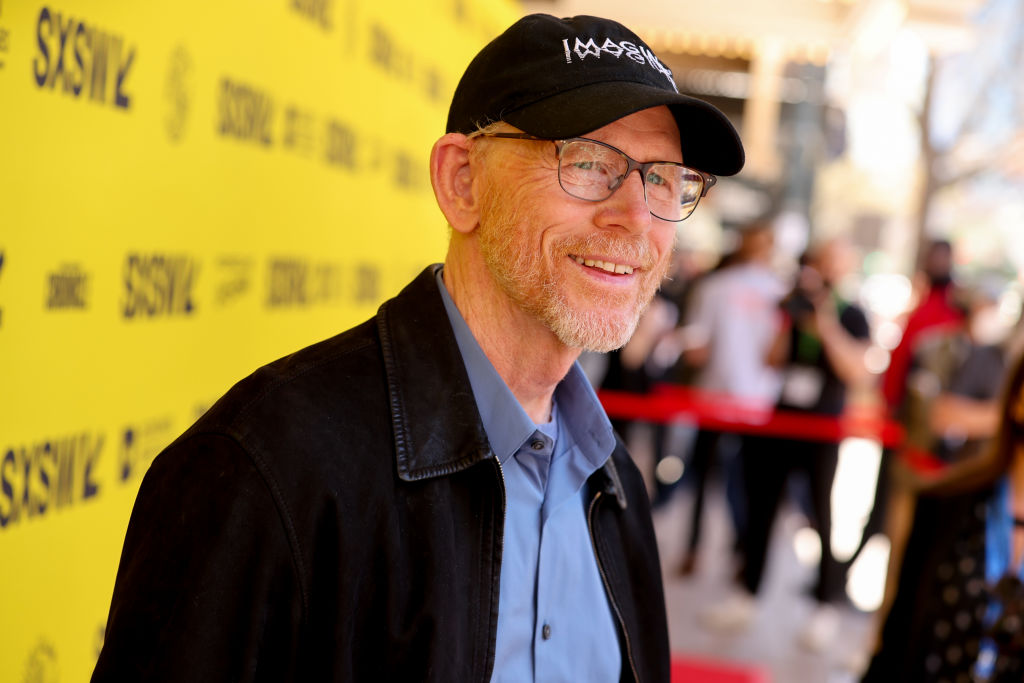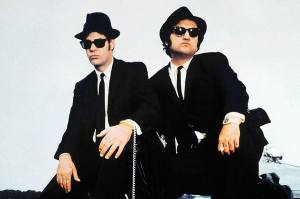If anyone told you that Ron Howard was their favorite film director, you might be forgiven for laughing out loud. Yet on paper, Howard has had as successful a career as any other filmmaker working today.
Of the twenty-seven pictures he’s directed, there are Academy Award winners and nominees for Best Film, massive box office hits and several critically acclaimed pictures that show a degree of both eclecticism and an apparent ability to turn his hand to anything imaginable. There are few directors who have made everything from epic fantasy to gritty ’70s-set dramas about the David Frost and Richard Nixon interviews.
There has always, however, been a certain thinness to Howard’s films, perhaps epitomized by his stock-in-trade, real-life stories told with an all-American sincerity that can seem saccharine in the extreme. His latest film, Thirteen Lives, seems like Howard in excelsis. Another true-life tale, this time portraying the events of the 2018 Tham Luang cave rescue, it boasts a reasonably starry cast (led by Viggo Mortensen and Colin Farrell), a storyline his audiences will be familiar with, a healthy dose of peril and a happy ending. Regrettably, it is unlikely to take in the surreal detour of Elon Musk describing the British caver Vernon Unsworth, who participated in the rescue, as a “pedo guy.” But such moments of surrealism are seldom to be found in Howard’s cookie-cutter cinema.
He has, of course, made some good-to-excellent films. The Chris Hemsworth vehicle Rush, based on the rivalry between Formula One racers Nikki Lauda and James Hunt, was genuinely thrilling and tense. And Howard’s still-underrated 1996 Mel Gibson thriller Ransom took an unusually nasty and nihilistic approach toward its subject matter, showing that the former Richie Cunningham could reach into a long-submerged inner darkness if so he chose.
But set against this are endless lightweight romantic comedies (Ed TV? The Dilemma?) and the wholly regrettable trilogy of Dan Brown adaptations he made with an awkward-looking Tom Hanks. There’s also, of course, the entirely egregious A Beautiful Mind, which turned mental illness into a learning experience. It won Howard an entirely predictable Oscar for Best Director, an accolade never awarded to Stanley Kubrick, David Lynch or Alfred Hitchcock.
Howard is, by all accounts, one of the nicest and most professional filmmakers working today. He is known as the ultimate safe pair of hands — which is no doubt why he was chosen to rescue the Star Wars prequel Solo after it showed worrying signs of individuality and going off-piste. Despite the odd flop, his brand of unchallenging, easily palatable work has been popular for nearly five decades.
No doubt Thirteen Lives will fit snugly into his comfortable filmography. Yet it’s hard not to feel that Howard’s signature brand of bland uplift, so beloved by millions, is starting to feel shop-soiled and repetitive. At least his adaptation of J.D. Vance’s ever-controversial Hillbilly Elegy, which attracted particular attention for Glenn Close’s wildly over-the-top performance as Vance’s grandmother “Mamaw,” felt as if the usually staid Howard had been possessed by John Waters at his most garish and absurd, demonstrating a camp quality that his films usually lack. But it seems a fair bet that nobody’s favorite director will have learned from the experience. His latest picture seems destined to be accomplished, decently made and — whisper it — not a little dull.
But that’s show business, folks. And Howard is nothing if not a consummate showbiz man, even if the public might wish for something more exciting one day.


















